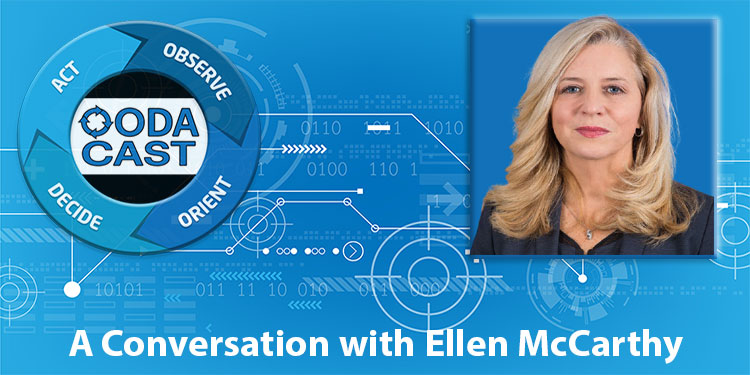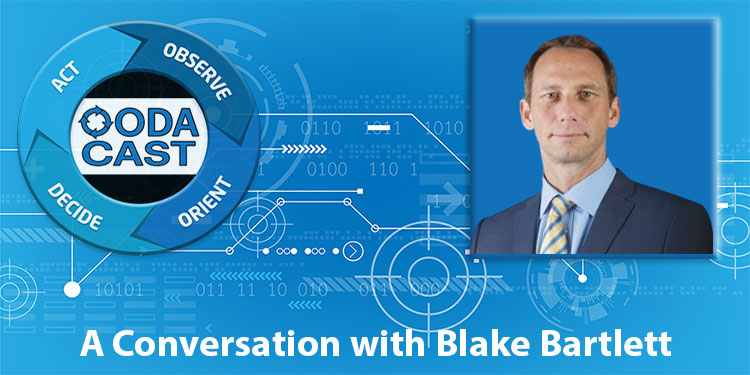Start your day with intelligence. Get The OODA Daily Pulse.
Start your day with intelligence. Get The OODA Daily Pulse.
Exponential innovation is causing exponential disruption
Exponential innovation is causing exponential disruption
Exponential innovation is causing exponential disruption
Leverage these open source tools to provide your organization with the best in class information to inform business strategy, operations, and risk awareness levels around the world. Firms that understand the strengths and weaknesses of their own Cognitive Infrastructure will have an advantage over those that do not attend to this crucial function within an…

Ellen McCarthy is a highly accomplished and distinguished executive whose career started as a junior analyst and ended up reaching to the very highest echelons of the US intelligence community. In this OODAcast we explore lessons learned from her journey, capturing insights that can inform actions for those at any stage of a career.

Blake Bartlett is the CEO of Janes, the well known and trusted provider of open source defense intelligence. In this OODAcast we examine lessons learned from Blake’s career and path from a young student with a desire for a career in sports to success in the domain of sales. Blakes walks us through some key…